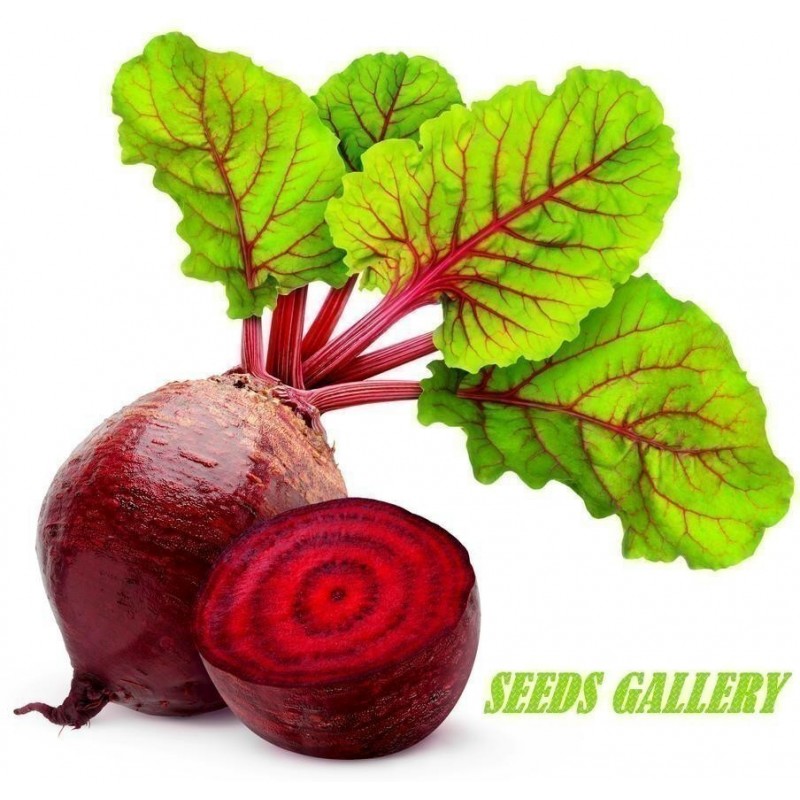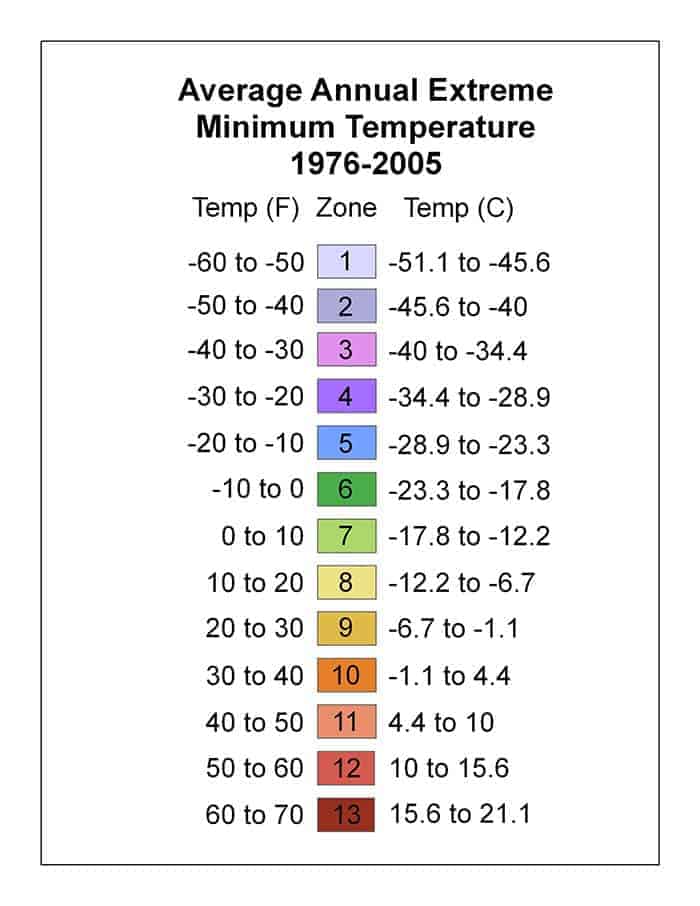





Heirloom variety dating back to 1800’s that produces a flattish beetroot with dark red flesh that has lighter zones. Excellent old fashioned flavour, eaten raw or cooked. Delicious edible tops
Heirloom variety dating back to 1800’s that produces a flattish beetroot with dark red flesh that has lighter zones.
‘Beetroot Flat of Egypt’ is a very old heritage variety with a flattened heart-shaped root. It is known by a number of variants on the name - The ‘Egyptian Flat Rooted Beetroot’, ‘Egyptian Beetroot’ or even, would you believe, The ‘Egyptian Turnip Rooted Beetroot’!
Originating in Egypt, (although you may never have guessed), it was first described in the early 1800s and was common in seed catalogs from 1870. In 1885, Vilmorin said “An exceedingly early variety and certainly the best of the early kitchen-garden kinds”. In France it is better known as Betterave 'Rouge Noir Plate d’Egypte'.
Egyptian Beetroot produces smooth-skinned roots, often heart-shaped, wider than tall, with a deep red, tender, and flavorsome flesh. Its interior has no fibrous 'strings' and its sweet flesh is a deep crimson/burgundy. It is particularly good when eaten raw, for instance when grated in salads.
The plants are shorter than conventional beet relatives and the leaves are a beautiful blend of emerald green and crimson/burgundy.
Egyptian Beetroot has rapid early season growth and, as most of the root forms above the ground, the mature beet can be pulled rather than dug in 50 to 60 days. It is ideal for early sowings in cold frames and for successional sowing outside for a prolonged cropping period. It is at its best when grown in spring and summer as the exposed mature beetroot does not enjoy hard frosts.
The plants are quick growing, very early maturing, and resistant to bolting. They are recommended for shallow soils and growing in cold frames and can be grown closer together than most heritage varieties because the plants do not develop large tops.
